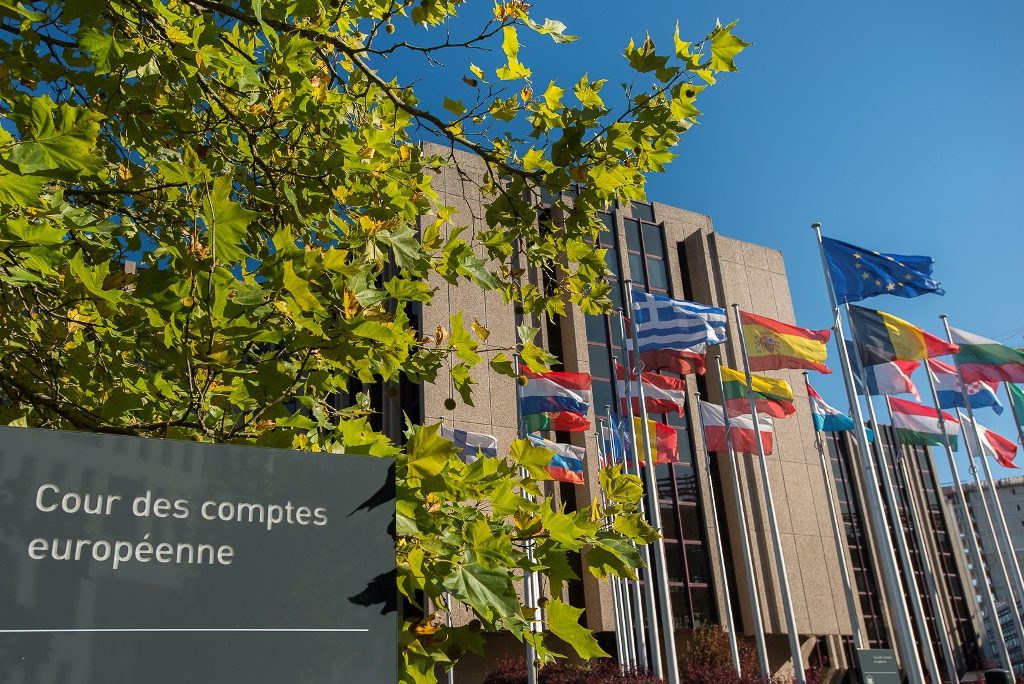Important weaknesses and loopholes indicate that EU customs controls are not being applied effectively, according to a new report from the European Court of Auditors (ECA). The losses to the EU budget are not even known according to the auditors. The audit report was published yesterday (5 December) and already its title summarizes the findings in a nutshell: “Import procedures: shortcomings in the legal framework and an ineffective implementation impact the financial interests of the EU”.
Goods entering EU Member States from outside the European Union are subject to customs controls before they are released for free circulation within the EU. ECA examined whether the European Commission and the Member States ensure that import procedures protect the EU’s financial interests.
The answer to this question, according to ECA, is negative. Importers can deliberately reduce or evade customs duty liability by, for example, undervaluing their goods, declaring a false country of origin or shifting to a product classification with a lower duty rate.
The audit included visits to the customs authorities of five Member States: Spain, Italy, Poland, Romania and the United Kingdom.
“Customs duties make up 14% of the EU budget, or about €20 billion. Their evasion increases the customs gap and must be compensated by higher contributions by Member States. This cost is ultimately borne by European taxpayers,” said Pietro Russo, the Member of ECA responsible for the report.
The auditors describe one example of undervalued Chinese goods being cleared in the UK and then transported back to continental Europe. According to estimates, the UK should have made available nearly €2 billion more in customs duties than it did between 2013 and 2016.
Asked by The Brussels Times whether the situation was the same in other Member States, the audit team replied that it cannot quantify this. “We certainly do not, however, believe that the UK is the only country where there are issues with customs controls.”
OLAF, EU´s anti-fraud agency, is assessing whether there are any potential losses in other Member States including the other four sampled by ECA.
There is no estimate for the total revenue losses for the EU budget. The audit reports recommends that periodic estimates of the “customs gap” should be made by the Commission and that is should use them to set customs controls targets.
The Commission was included in the audit and granted access to its databases. During the audit fieldwork it also replied to a questionnaire to on the customs controls. However, it does not agree with ECA on two of its main findings and recommendations.
The auditors write that the Commission has not met a request in 2013 by the European Parliament to collect reliable data on the customs gap. The Commission replies that it already provides annual calculations of the gap in customs duty collection, however without giving any figure.
Another important point in the audit report concerns the design of the customs controls in the Member States. ECA claims that Member States have no incentive to carry out customs controls because they might be hold financially liable by the Commission in case errors are found.
“Indeed, one Member State complained that the more it tackles fraud the higher the risk that the Commission holds it financially liable”, ECA writes.
The Commission denies that this is the case. ”The adverse effect on EU finances of ineffective controls by Member States is countered by the Commission’s inspections,” it replies.
The Commission is of the view that Member States do have sufficient financial incentives to perform custom controls. Member States that apply the EU customs legislative framework diligently do not face financial liability for customs duties that become irrecoverable for reasons beyond their control.
That said, the Commission will consider whether amendments to the current legal framework can improve the incentives for effective controls by Member States.
M.Apelblat
The Brussels Time

